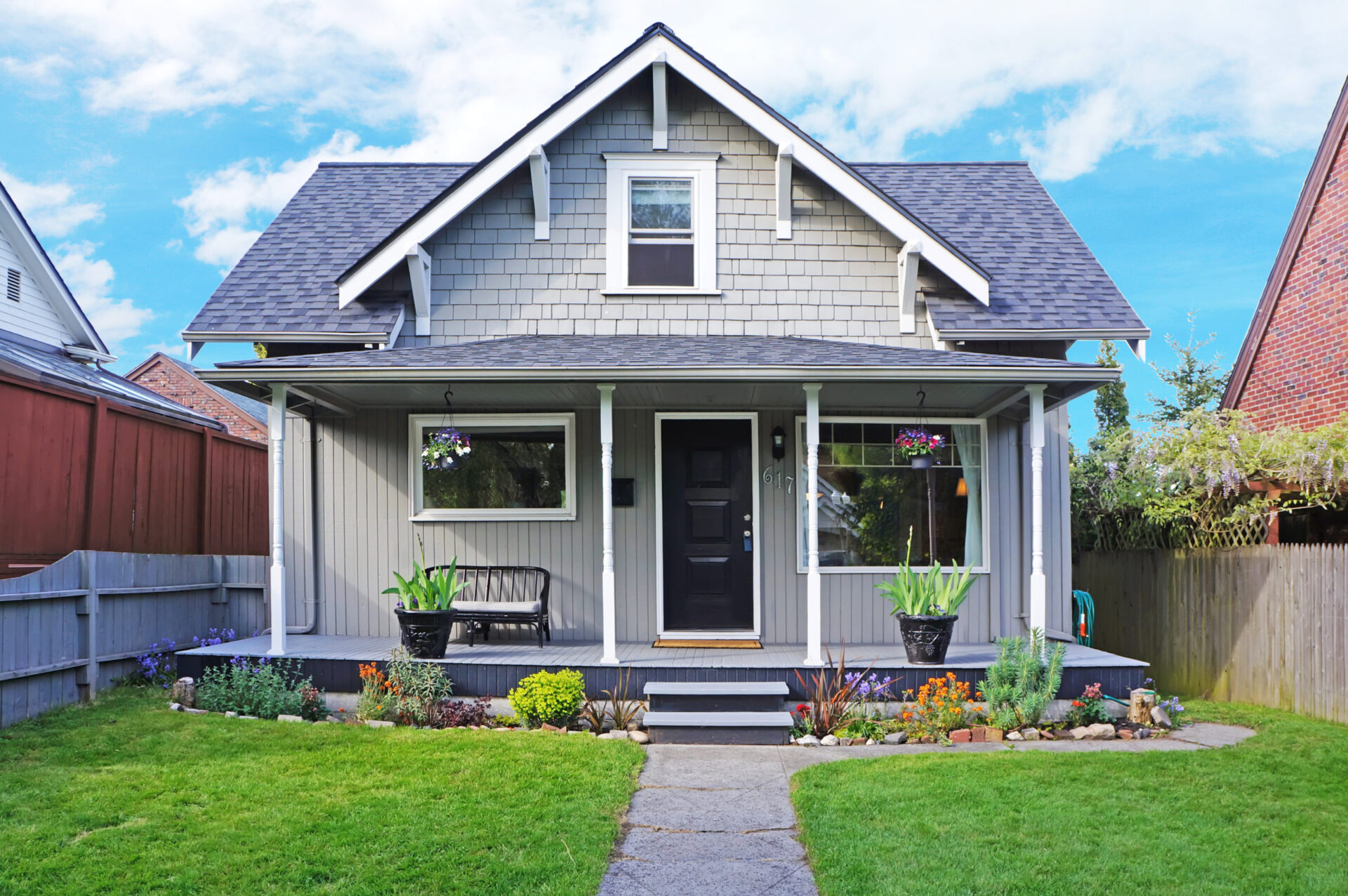First-time buyers are still living in last year’s housing market thanks to limited affordable inventory, leading to tight competition and soaring prices.
A new report from Zillow found that typical home values for the least-expensive one-third of houses rose by 8% YOY, or $13,000.
In comparison, mid-level homes saw a 3% YOY increase, and the most expensive one-third of houses lost value, experiencing a 1% drop. This is the first loss of value for the top tier since at least 2012.
“Buyers shopping for the least-expensive homes this spring aren’t noticing much difference from the pandemic-era market heat,” said Skylar Olsen, Zillow’s chief economist.
“Competition is fierce, but there aren’t many homes for sale, so buyers should be patient but prepared to move quickly and anticipate a bidding war once they find a home they love.”
Inventory has followed suit for all categories.
Unsurprisingly, entry-level inventory is up only 1% from last year, while the most expensive homes have seen a 13% increase. The number of mid-level homes for sale is up 8%.
Lack of inventory and high demand are keeping entry-level homes white-hot even as the rest of the housing market has cooled. Rates topped 7% at the end of 2022, their highest point since 2001. But they’ve dipped in recent weeks in the face of ongoing economic uncertainty, allowing some buyers to return to the market.
First-time buyers are having to pay over the asking price as often as mid- and top-tier buyers, thanks to multiple offers on every affordable home.
Another problem is the lack of construction of small, inexpensive homes that could be reasonably sold for cheap. The New York Times reported last year that increasing land and material prices – combined with picky community rules requiring things like two-car garages or homes of a certain size – have made it impossible to build a small, bare-bones house that could sell for $200,000 or less.
What counts as an entry-level home now may have been considered solidly mid-tier just a decade ago.
“It’s not that I don’t want to build entry-level homes,” Jerry Konter, the chairman of the National Association of Home Builders, told the Times. “It’s that I can’t produce one that I can make a profit on and sell to that potential purchaser.”
Gen Z and Millennials are so aggrieved at the state of the market that more than half believe they would need to win the lottery to afford a home.
But these young first-timers are optimistic about the future. About two-thirds think they will be able to buy a home within the next five years.
Follow Us On Twitter:
The Mortgage Bankers Association's National Advocacy Conference is taking place in Washington, D.C. What are you seeing in your markets and what do elected leaders need to know? #MBANAC23 pic.twitter.com/tLjXMo1g4E
— The Mortgage Note (@TheMortgageNote) April 18, 2023
Read More Articles:
Market Insights: Salt Lake City Slowing, Offering Opportunities For Buyers
